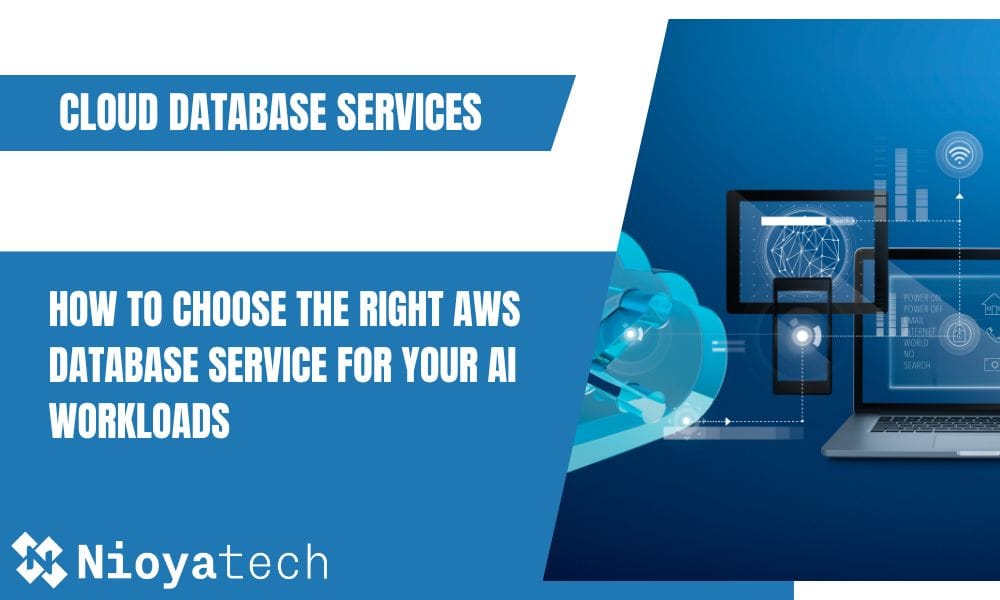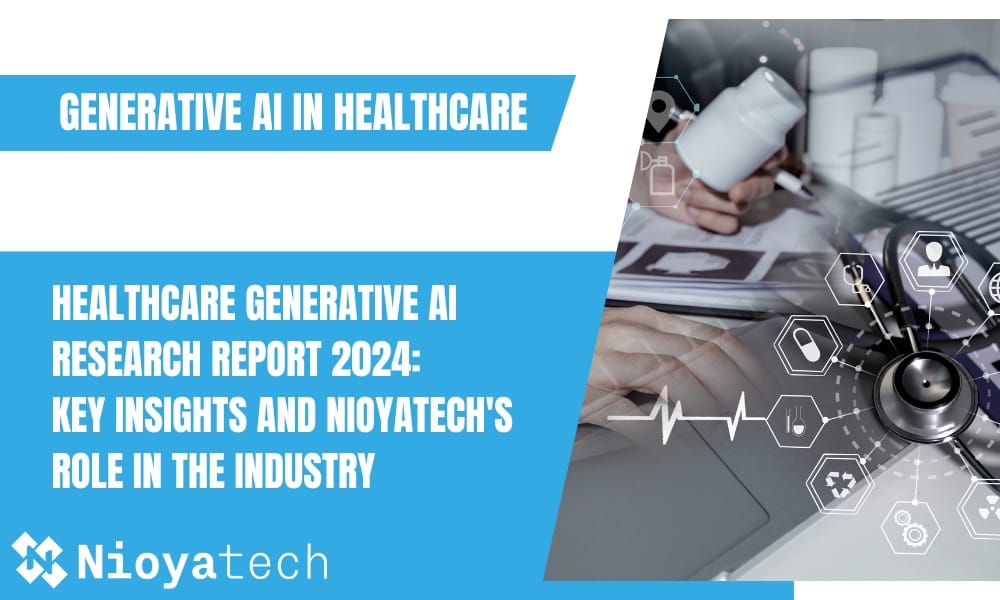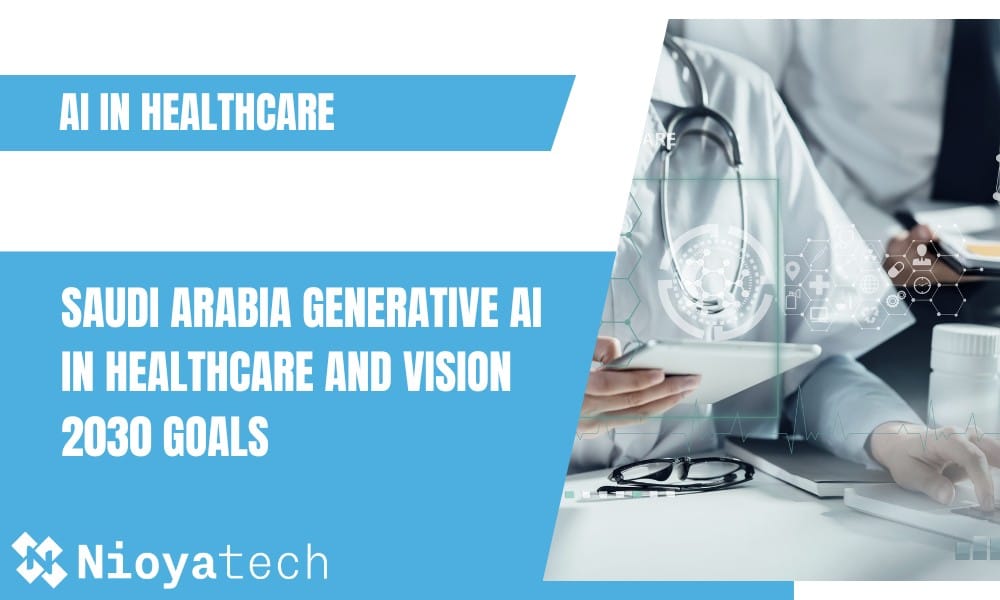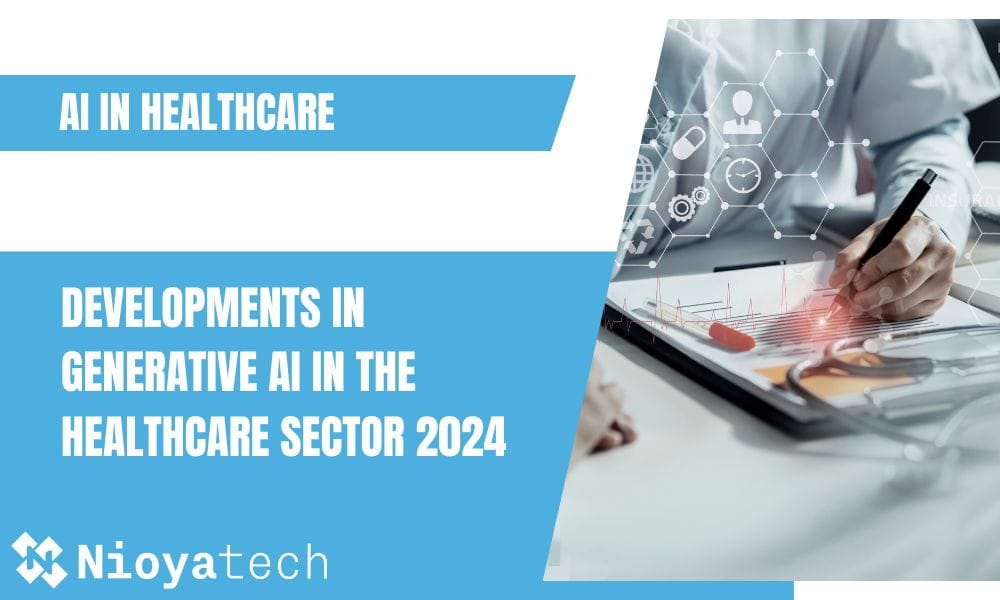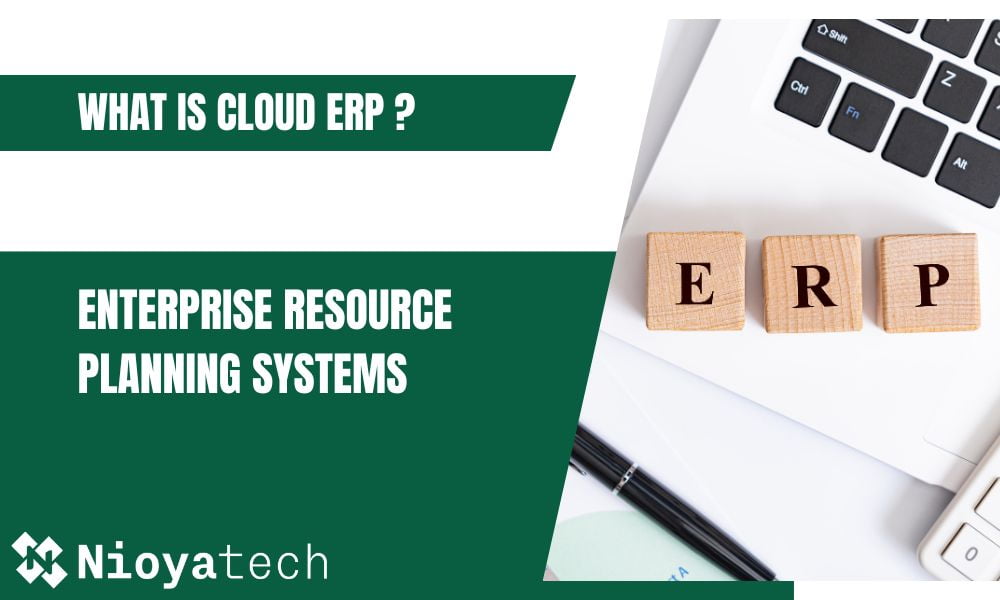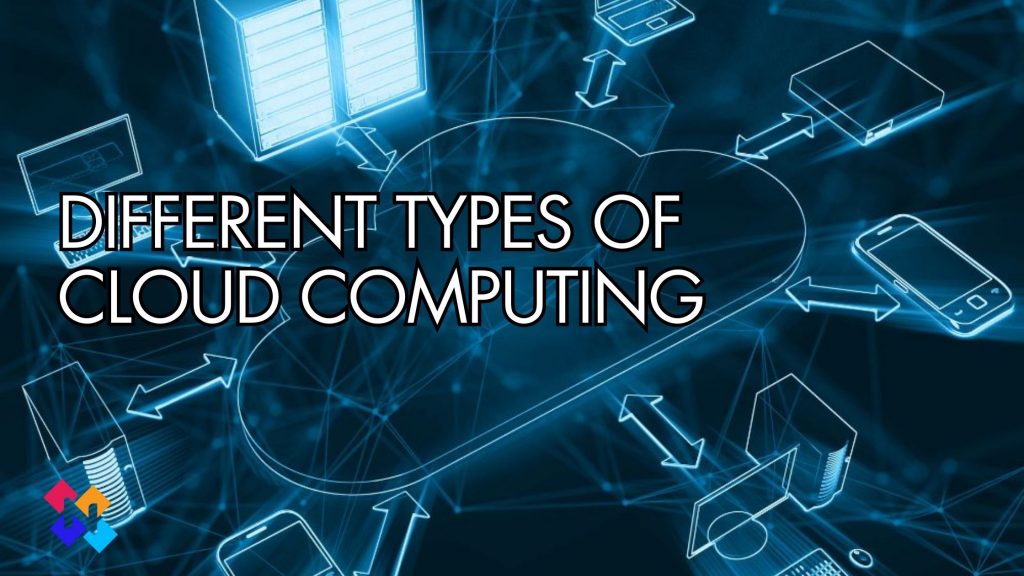CRM systems, which stand for Customer Relationship Management systems, are software tools that help businesses handle and improve their relationships with customers and prospects. These tools give you a central place to organize and use customer data to improve interactions with customers.
CRM systems are very important tools because they help businesses handle and improve their contacts with customers at every stage of the customer lifecycle, from generating leads to providing support after a sale. The importance of a well-implemented CRM system cannot be overstated in today’s competitive business world, where customer satisfaction and unique experiences are at the forefront. As businesses try to build long-lasting relationships with their customers a strong CRM system has become a key part of their success.
In this blog post, we will explore CRM systems’ many benefits, capabilities, and practical uses, which enable firms to meet and exceed customer expectations.
CRM Definition and Benefits
Customer Relationship Management (CRM) is a strategic approach and a set of technologies that businesses use to analyze their interactions with customers throughout the entire customer lifecycle.
CRM systems aim to foster stronger relationships, enhance customer satisfaction, and drive business growth by centralizing customer data and enabling more personalized and efficient communication. CRM systems encompass various tools, and strategies designed to store, and utilize customer information, ultimately leading to improved decision-making and better customer experiences.
Advantages of CRM Systems
CRM systems bring together information about customers from different sources, so business owners can get more about customers’ likes, dislikes, habits, and needs. This insight facilitates targeted marketing efforts and personalized interactions. Let’s talk about some of the advantages of CRM:
Improved Customer Engagement
By leveraging CRM tools, businesses can engage with customers in more meaningful ways. Customized communication, tailored recommendations, and timely responses to inquiries contribute to higher customer satisfaction and loyalty.
Efficient Sales and Marketing
CRM systems streamline sales and marketing processes, helping teams manage leads, track opportunities, and analyze campaign effectiveness. This efficiency translates into better conversion rates and optimized resource allocation.
Effective Customer Service
With a centralized database of customer interactions and support history, CRM empowers customer service teams to provide faster and more accurate assistance. Resolving issues promptly enhances customer trust and loyalty.
Data-Driven Decision-Making
CRM software has powerful reporting and analytics features that help businesses learn from customer data. Informed decisions based on real-time information lead to more effective strategies and improved business outcomes.
Cross-Departmental Collaboration
CRM systems break down silos by facilitating communication and collaboration among different departments. Marketing, sales, and customer service teams can work together seamlessly to deliver a cohesive customer experience.
Increased Efficiency
Automating routine tasks such as lead assignments, follow-ups, and data entry reduces manual workloads, freeing up time for employees to focus on high-value activities. As businesses expand, CRM systems provide the flexibility to accommodate a growing customer base. The scalable nature of CRM ensures that customer management remains organized and effective.
Customer Retention and Loyalty
By delivering consistent, personalized experiences, CRM systems help retain existing customers and foster brand loyalty. Satisfied customers are more likely to become repeat buyers and advocates for the business.
Competitive Advantage
Businesses that effectively utilize CRM gain a competitive edge by differentiating themselves through superior customer service, targeted marketing campaigns, and data-driven strategies.
CRM Meaning in Business
The global market for CRM software is on a remarkable trajectory, as highlighted by the CRM Software Global Market Report 2023. The projection that the CRM systems market will potentially reach $263.1 billion by 2027, with a robust compound annual growth rate (CAGR) of 15.4%, underscores the vital role CRM plays in modern businesses. This substantial growth shows the increasing recognition of CRM’s potential to transform customer interactions and elevate business outcomes.
Implementing a CRM strategy for your business involves a structured approach to effectively manage customer interactions and relationships. Businesses should carefully select a CRM software that aligns with their business needs. Defining specific objectives, like improving customer service, boosting sales, optimizing marketing efforts, or enhancing overall satisfaction is crucial before selecting a CRM system.
You can;
1. Collect and centralize customer data from various sources within the CRM systems, and customize the system to fit your business processes.
2. Train your team on using the CRM effectively, and ensure seamless integration with other business tools.
3. Clean and maintain data quality, segment your customer base, and personalize interactions based on insights from the CRM.
4. Foster collaboration between sales and marketing, track performance metrics, and continually refine your CRM approach based on feedback and insights.
5. Implement automation to streamline tasks, provide exceptional customer service, and ensure compliance with data privacy regulations.
By following these steps, your company can take advantage of the potential of CRM to strengthen client interactions and drive development.
What is CRM in Marketing
A CRM platform serves as a catalyst for elevating your sales and marketing efforts without the need for extensive manpower or extravagant advertising spending. This is particularly evident when your CRM is integrated with sales and marketing automation tools. The result is a synergistic sales and marketing engine that propels your business’s growth to unprecedented heights.
One of the most impactful effects of CRM systems on marketing lies in its ability to revolutionize your approach. With a well-implemented CRM, you gain access to a treasure trove of valuable insights into your customers’ behaviors, preferences, and interactions. This wealth of data serves as a guiding light, allowing you to tailor your marketing strategies with surgical precision. With this organized customer information, you can create highly specific and relevant marketing communications.
CRM systems also support marketing automation. When CRM seamlessly interfaces with marketing automation, the effects are magnified. Automated workflows can handle lead nurturing, customer segmentation, and follow-up communications. This not only saves time but ensures that your marketing efforts remain consistent and timely – a critical factor in maintaining engagement and moving leads through the sales funnel.
Cloud Based CRM
Unlike traditional on-premises CRM systems, which are installed and run on local servers within a company’s premises, a cloud-based CRM is hosted and accessed via the internet, utilizing remote servers operated by a third-party provider. Software as a service (SaaS) is another term for this type of system.
How Does Cloud-based CRM Software Work?
Users access the cloud-based CRM system through a web browser, making it easy to log in and use from any location with internet connectivity. Customer data, interactions, communications, sales activities, and other relevant information are stored securely in the cloud. This centralizes data and allows authorized users to access and update information in real-time.
The CRM provider is responsible for maintaining, updating, and securing the software, ensuring that users always have access to the latest features and security enhancements.
Benefits of Cloud-based CRM Systems
The main advantages of Cloud-based CRM systems is users can access the CRM from any device with internet access, enabling remote work and real-time collaboration. Here are other benefits:
1. Cost-Effectiveness: Cloud-based CRMs typically involve lower upfront costs as there is no need for expensive hardware or extensive IT infrastructure. Payment is usually on a subscription basis, which can be more budget-friendly.
2. Automatic Updates: The CRM provider handles software updates and maintenance, ensuring that users always have access to the latest features and security patches.
3. Scalability: Cloud-based CRM systems can easily accommodate business growth by allowing organizations to scale up or down based on their needs.
4. Integration: Many cloud-based CRMs offer integration with other business tools and applications, enhancing productivity and efficiency.
Types of CRM
CRM systems primarily serve the purpose of overseeing customer relationships and sales engagements. Today CRM software has the capability to facilitate the entire customer journey. Yet, the specific objectives sought from a company’s CRM system can vary significantly between different organizations. To aid you in selecting the right CRM for your business, it’s worth noting that there exist three main categories of CRM solutions: collaborative, operational, and analytical.
Operational CRM
This type focuses on automating and streamlining various customer-facing processes, such as sales, marketing, and customer service. It helps manage interactions with customers throughout their lifecycle, from lead generation to post-sale support.
Analytical CRM
Analytical CRM involves gathering and analyzing customer data to gain insights into customer behavior, preferences, and trends. This data-driven approach helps businesses make informed decisions and tailor their strategies to better serve their customers.
Collaborative CRM
Collaborative CRM emphasizes enhancing communication and collaboration among different teams within an organization that interact with customers. It facilitates the sharing of customer information and enables a coordinated effort to provide consistent and personalized customer experiences.
Main Features of CRM Systems
CRM systems can vary in their offerings, and businesses should choose a CRM solution that aligns with their specific needs and goals. These features collectively help organizations build and maintain strong customer relationships, drive sales growth, and enhance overall customer experiences.
Contacts Management
In a centralized database, client information, such as contact details, and preferences, is stored and organized. Contact management also contains the current engagement status and activities, as well as a history of prior interactions. With access to all of this data, your team can contact consumers at the correct time, through the best channel, and with the most targeted messaging.
Marketing Management
The CRM marketing feature is a powerful tool that empowers businesses to enhance their marketing efforts. It combines the capabilities of CRM systems with advanced marketing functionalities to create a comprehensive solution for orchestrating successful multichannel marketing campaigns.
One of the key aspects of the CRM marketing feature is audience segmentation. Businesses can easily categorize their target audience based on various criteria, such as demographics, behavior, or preferences. This segmentation allows for highly targeted and personalized marketing efforts, increasing the relevance and effectiveness of campaigns.
Once the audience is segmented, the CRM marketing feature facilitates the creation of automated marketing campaigns. This means that marketers can set up predefined workflows that automatically trigger specific actions and communications across different channels. For example, a series of emails can be sent to a segmented audience at specified intervals, or a social media campaign can be scheduled to coincide with a product launch.
An essential advantage of the CRM marketing feature is its embedded campaign analytics. This functionality empowers marketers to assess the performance of their campaigns in real time. They can run A/B tests to compare different elements of a campaign and determine which strategies yield the best results. Key performance indicators (KPIs) such as open rates, click-through rates, and conversion rates are readily available, enabling data-driven decision-making.
Sales Automation
Sales automation is a critical component of Customer Relationship Management systems that aims to streamline and optimize various aspects of the sales process. It involves using technology and software to automate repetitive and time-consuming tasks, allowing sales teams to focus on more strategic and customer-centric activities.
Sales automation helps capture, categorize, and manage leads efficiently. It assigns leads to appropriate sales representatives, tracks their interactions, and prioritizes them based on their likelihood to convert into customers.
Customer Service and Support
Customer service is a pivotal component of CRM, alongside sales and marketing. It provides organizations with the tools to establish strong customer relationships, deliver exceptional experiences, and build customer loyalty. By integrating customer service features into the broader CRM ecosystem, businesses can offer a unified approach to managing customer interactions, fostering a positive brand image and driving sustainable growth.
Customer service professionals can effortlessly address customers’ requests, track interactions, and promptly resolve issues. The CRM’s digital workspace enables agents to access customer information, communication history, and purchase records, facilitating personalized and effective support interactions.
Furthermore, CRM systems offer automation capabilities that streamline service workflows. Routine tasks, such as ticket routing, categorization, and escalation, can be automated, freeing up agent time for more complex and value-added interactions. Automated responses and self-service options are also facilitated, enabling customers to find answers and solutions on their own.
Document Management
The CRM document management feature offers a multifaceted approach to document handling, combining automated workflows, document tracking, order processing analysis, and personalized document creation. By seamlessly integrating these capabilities, CRM software empowers businesses to streamline their document-related processes, enhance operational efficiency, and provide a higher level of service to customers.
One of the prominent capabilities of CRM’s document management feature is the establishment of automated workflows. This entails the seamless orchestration of document-related processes, such as document creation, approval, and distribution. By automating these workflows, businesses can ensure a smooth and consistent document management process, minimizing manual intervention and potential errors.
The ability to track the current status and history of documents is another valuable aspect of CRM document management. This ensures transparency and accountability, as users can easily monitor the progression of documents from creation to finalization. Tracking document history provides an audit trail, facilitating compliance requirements and enhancing overall document traceability.
CRM systems facilitate insightful analysis of order processing effectiveness through its document management capabilities. By evaluating document-related metrics and performance indicators, businesses can gain valuable insights into their order fulfillment processes. This analysis contributes to data-driven decision-making, enabling organizations to identify bottlenecks, optimize workflows, and enhance operational efficiency.
Creating essential documents such as invoices, contracts, and other order-related paperwork becomes effortless within the CRM environment. Users can generate these documents using predefined templates and populate them with relevant data from the CRM database. This integration eliminates the need for manual data entry, reducing errors and saving valuable time.
Top CRM Software
Here are some of the top CRM solutions that were widely recognized and utilized by businesses:
Salesforce
HubSpot CRM
Zoho CRM
Freshsales CRM
Oracle CRM
SugarCRM
Insightly
Bitrix24
Zendesk Sell
Insightly
FAQs About CRM Systems
In addition to the topics covered in this blog post, CRM systems encompass a wide range of functionalities that can’t all be fully explored here. To address common queries, we’ve compiled a brief Frequently Asked Questions (FAQ) section below. This section aims to provide a snapshot of other pertinent aspects of CRM systems:
1. What Are CRM Integrations?
CRM integrations involve connecting your CRM system with other software applications, such as email, marketing platforms, and e-commerce tools. This enables seamless data flow and improves overall operational efficiency.
2. How Does CRM Ensure Data Security?
Modern CRM systems implement robust security measures, including data encryption, access controls, and regular security audits. These safeguards help protect sensitive customer information.
3. Can CRM Systems Scale for Business Growth?
Yes, many CRM systems offer scalability, allowing businesses to accommodate increased data, users, and features as they grow. It’s essential to choose a CRM that aligns with your organization’s expansion plans.
4. What Is the Role of AI in CRM?
Artificial Intelligence (AI) is increasingly integrated into CRM systems to enhance predictive analytics, automate routine tasks, and provide personalized customer insights, thereby improving overall customer experiences.
5. Is CRM Only for Large Enterprises?
No, CRM systems are beneficial for businesses of all sizes. There are CRM solutions tailored to meet the requirements and budgets of small, medium, and large organizations.
6. Can CRM Improve Customer Loyalty?
Yes, CRM systems help cultivate stronger customer relationships through personalized interactions, efficient issue resolution, and targeted marketing, thereby contributing to increased customer loyalty.
7. How Does CRM Enhance Team Collaboration?
CRM systems facilitate better collaboration by centralizing customer information, enabling shared access among team members, and providing tools for seamless communication and task assignment.
8. What is the difference between CRM and ERP?
ERP (Enterprise Resource Planning) and CRM (Customer Relationship Management) are both software systems that play important roles in managing and optimizing different aspects of a business. While they share some similarities, they serve distinct purposes and focus on different areas of business operations. Here’s an explanation of ERP vs. CRM:
ERP systems, or enterprise resource planning systems, are all-in-one software tools that bring together and handle a company’s core business processes and functions. These processes can include finance, human resources, supply chain management, manufacturing, inventory management, and more. The primary goal of an ERP system is to streamline operations, enhance efficiency, and provide a centralized platform for data and information flow across different departments.
On the other hand, CRM systems focus specifically on managing interactions and relationships with customers throughout the entire customer lifecycle. CRM software helps businesses organize and analyze customer data to enhance customer satisfaction, loyalty, and overall sales performance.
9. Will the CRM integrate easily with your systems?
Connecting a CRM system with your existing systems depends on a number of factors, including the CRM platform you select, the complexity of your present systems, and your integration needs. Some CRM vendors offer a wide range of integrations and have dedicated marketplaces or app stores where you can find pre-built integrations with popular software. Others may have limited integration options.
Custom CRM Software Solutions
When considering a CRM solution, the ease of integration with your existing systems is a crucial factor. While many off-the-shelf CRM platforms offer pre-built integrations for common tools, custom CRM software can provide a tailored integration experience that aligns precisely with your business’s unique needs and technology stack.
Custom software development solutions for CRM, like those offered by NioyaTech, are designed to seamlessly integrate with your existing systems, processes, and software applications. These solutions are crafted with a deep understanding of your organization’s workflows and requirements, ensuring that data flows smoothly between your CRM and other systems.

